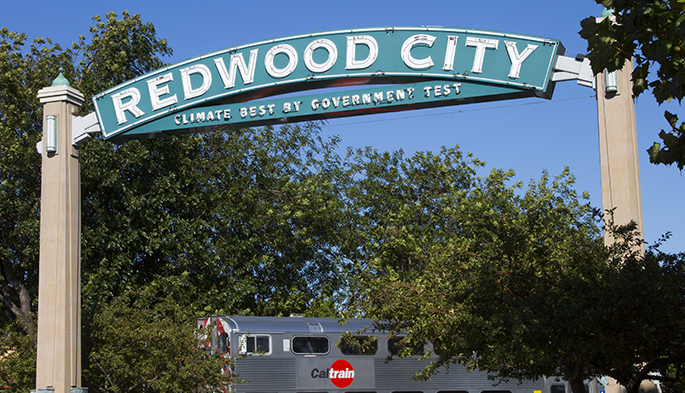Redwood City’s council on Monday approved the city’s first regulations on short-term rentals such as those facilitated by Airbnb, including charging a transient occupancy tax on the rentals that will be used to help fund affordable housing projects in the city.
The city is one of the first county jurisdictions to regulate short-term rentals, which include dwellings or a portion of dwellings that are rented to guests for 30 days or less.
Since the emergence of companies like Airbnb 10 years ago, the number of short-term rentals in Redwood City has grown. About 380 active hosts in the city rent their homes through Airbnb, typically earning about $12,200 annually in rental income, according to city staff.
The rapid growth of short-term rentals, particularly in the last five years, prompted concern over their impact on the city’s housing stock, parking, traffic and public safety, thus prompting the city to look into regulating them.
The new ordinance approved Monday, and subject to a second reading in a future council meeting, will take effect in early 2019. It imposes a transit occupancy tax on all short term rentals that is expected to initially generate about $400,000 annually for affordable housing in the city. However, the host won’t have to get involved, as customers will pay the tax during online booking and companies like Airbnb will forward the revenue to the city.
Also as part of the new regulations, short-term rentals will only be allowed in primary residences, where the homeowner usually lives. If there is no host on site during the short-term rental period, the host can have short-term rentals no more than 120 days per year. If the host remains on site, there is no such annual limit.
When the host is out of town, he or she must designate a local contact person to respond to various issues, including complaints.
The new ordinance prohibits short-term rentals from being used for special events such as weddings, corporate events and others. Also, on-site parking must be made available for short-term renters. City staff hopes this will encourage some folks to clean out their garages to free up space.
The regulations also seek to limit “hacker homes” by prohibiting multiple listings a night for a short-term rental. Also, accessory dwelling units are not allowed to be used as short-term rentals, since those units are being encouraged by the city as contributing to affordable permanent housing.
In 2020, a year after the ordinance takes effect, the rules will be reviewed for possible revision, according to city staff.






